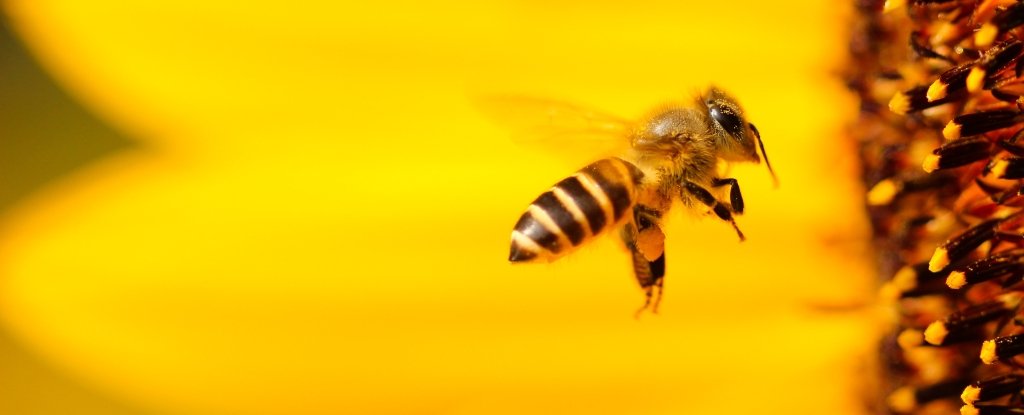At the beginning of this course when we first learned about the action project we were going to do in the future, I was nervous because I didn’t know anyone in this class, and yet I would have to work with a group of them on what sounded like a pretty intense project. However, once we began working, the nerves went away, and it was clear that we were working on something we were all interested in and focusing on making a difference in the community. That’s why I think the process of the action project was so interesting and engaging, because it really felt like we were doing something for the greater good within a topic that we were all interested in. My group focused on pollinators, primarily being bees and Colony Collapse Disorder. Bees are a crucial part of the world food system, something we spent a lot of time in class talking about, and yet no one seems to be paying attention to the disaster that is the disappearance of the bees. The main reason for the collapse of the bees has to do with monocultures, and the fact that farming has turned into trying to produce as many crops as fast as possible in order to make the most profit. Monocultures take advantage of this, and only grow one crop in the interest of fast farming and selling. This makes it so that for acres and acres, only one crop is being created, and bees don’t have enough nutrition to survive based on that one crop. This relates to something else we discussed in class, which is sytems theory. Systems theory states that real systems interact with their environments, and the relationships that are developed connect everything into the whole. The problem with monocultures is that they take these relationships away, and instead only focus on one thing. There is no interaction taking place because there is only one crop, and this results in the ecosystem falling apart. This is the cause of Colony Collapse Disorder, and we were able to learn a lot about it through our group project. We ended up showing a documentary that focuses on this called “Queen of the Sun: What are the bees telling us?” It ended up being incredibly eye-opening, and we were able to learn about how we can save the bees while also informing our community of the same information.

